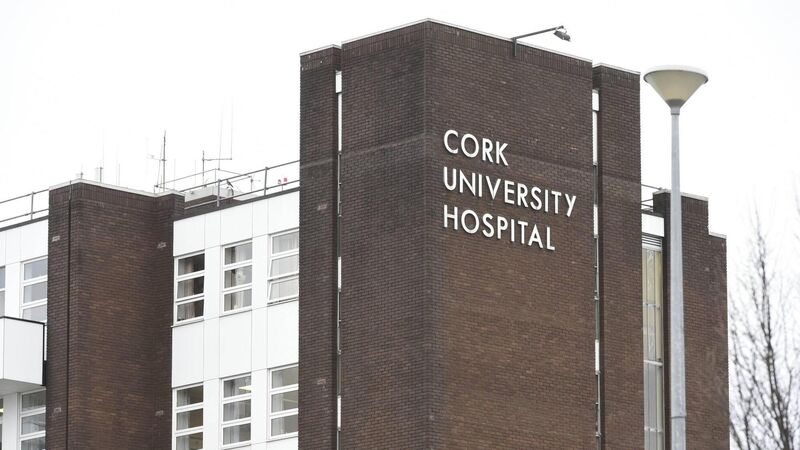'Information black hole' in private healthcare, says official

Currently, hospitals issue identification numbers to patients within their own campus, but using PPSNs would allow information to be more easily shared between different hospitals and healthcare providers. Picture: Larry Cummins
Ireland’s health information system is incoherent, and an “information black hole” exists in private healthcare, the Oireachtas Health Committee heard.
This is adversely impacting on patients and their treatment, according to the Department of Health's assistant secretary in charge of the Research & Development and Health Analytics division, Muiris O’Connor.










